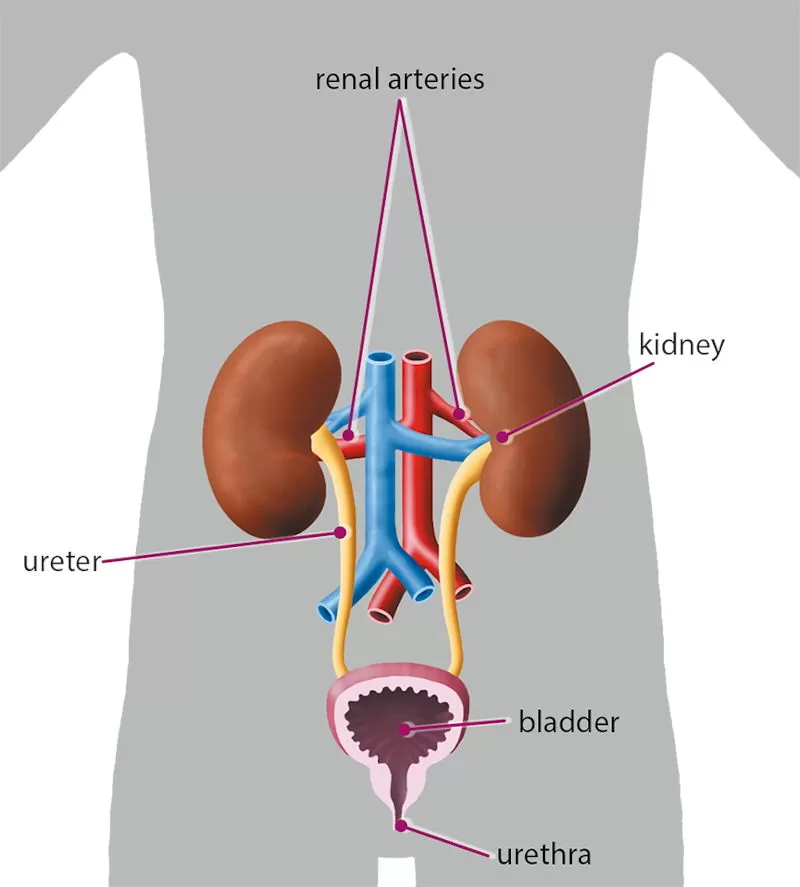Kidney stones are a common condition that can cause significant discomfort and health challenges. These small, hard deposits form in the kidneys and can travel through the urinary tract, leading to symptoms that vary in intensity. Recognizing the signs early can help guide timely medical attention. Here you can explore some of the major symptoms associated with kidney stones.
Sharp Pain in the Side
One of the most notable signs of kidney stones is sharp pain, commonly referred to as renal colic. This pain typically originates in the side or back, just below the ribs, and may radiate towards the lower abdomen or groin. It often comes on suddenly and can vary in severity as the stone moves through the urinary tract. The pain may be intermittent, with waves of intense discomfort, as the body tries to expel the stone. Even slight movements or changes in position might exacerbate this sensation. This makes it both unpredictable and difficult to manage without intervention.
Blood in the Urine
Another indicator of stones in the kidney is the presence of blood in the urine, medically known as hematuria. This symptom occurs as the stone irritates or scratches the lining of your urinary tract. Blood in the urine may present in several ways, including:
- Pink or Red Urine: Visible at the time of passing, this may appear due to minor bleeding.
- Brown Urine: A sign of older blood that has been in the urinary tract.
- Microscopic Blood: Small amounts of blood may only be detectable through urine analysis.
If you notice these changes in the color of your urine, it could be connected to stones in the kidney or other urinary conditions.
Frequent Urge to Urinate
A constant need to urinate, often accompanied by minimal output, can also indicate the presence of a stone. This urgency typically occurs if the stone has moved into the lower portion of the urinary tract, where it irritates the bladder and triggers the sensation of needing to empty it frequently. This symptom can often be mistaken for a urinary tract infection, leading many to initially misinterpret its cause. With kidney stones, this urge may persist until the stone passes or is removed, providing beneficial insight for diagnosis.
Nausea and Vomiting
Nausea and vomiting commonly accompany kidney stones due to the close connection between the kidneys and the gastrointestinal system. This symptom arises as the body reacts to the pain and stress of obstruction in the urinary tract. Common associated experiences include:
- Feeling Nauseous: A general sense of unease or stomach upset.
- Vomiting Episodes: Triggered by severe pain or disrupted digestion.
- Loss of Appetite: A secondary effect of ongoing nausea.
While these symptoms are nonspecific and could indicate various conditions, pairing them with other signs strengthens the likelihood of a clear diagnosis.
Don’t Ignore Symptoms of Kidney Stones
Kidney stones can cause a spectrum of symptoms that interfere with daily life and may require medical intervention to resolve. Recognizing their signs promptly, such as sharp pain, blood in the urine, frequent urination, or nausea, can lead to an earlier diagnosis and more effective treatment options. If you suspect kidney stones due to persistent or significant discomfort, consult a healthcare professional as soon as possible. Early attention can help you manage symptoms and prevent complications, supporting better long-term health outcomes.
- Zirconia Cap Price: Estimated Cost & Its Long-Term Benefits
- FREHF – The Revolutionary Future Of Human-Centered Technology!
- Adsy.Pw/Hb3 – Boost Your SEO And Drive More Traffic!
- Fitness Based Vacations By Timeshealthmage.com!
- TimesHealthMag Tips For Improving Sleep Quality – Expert Advice For Better Rest!


Leave a Reply